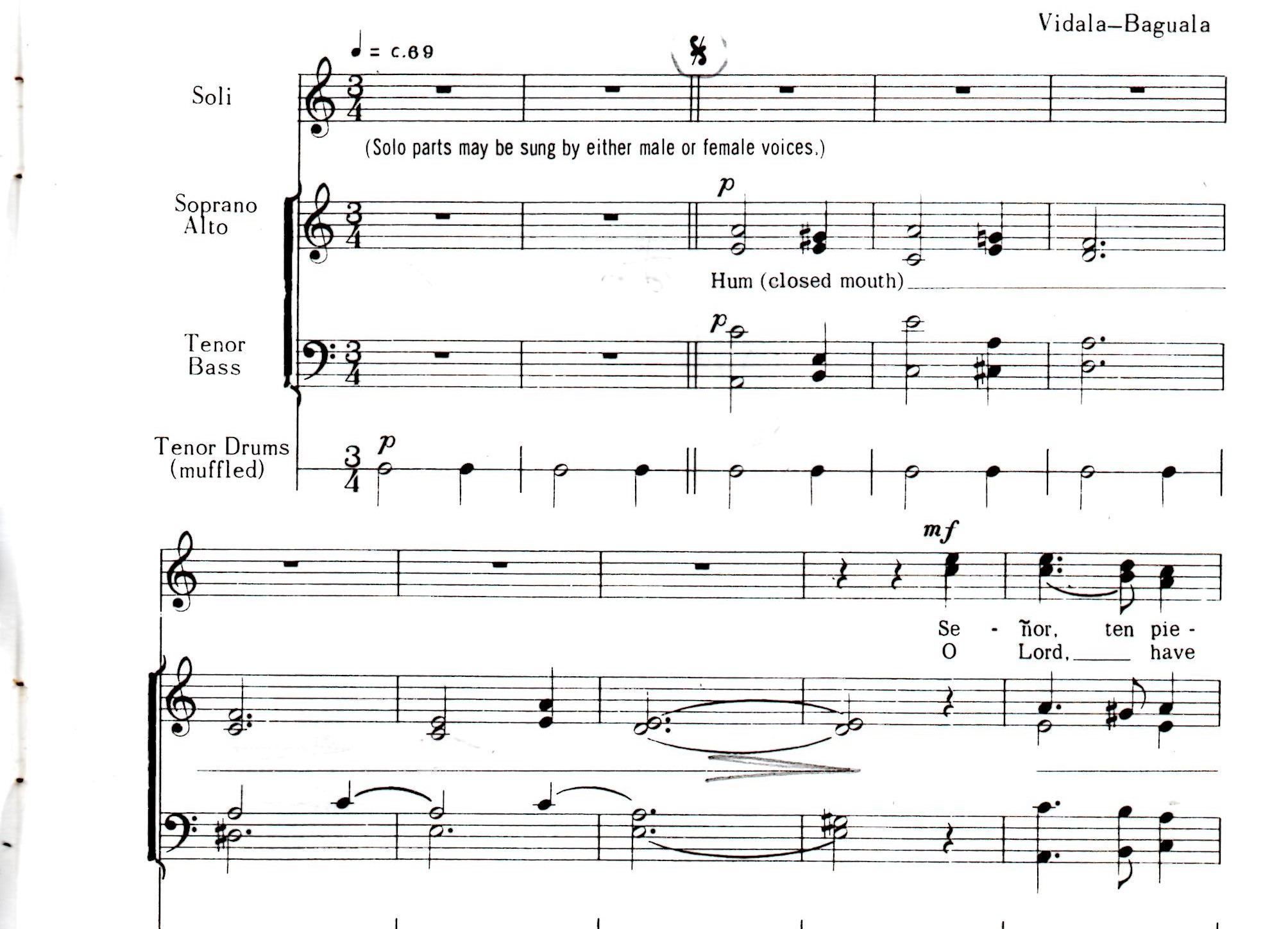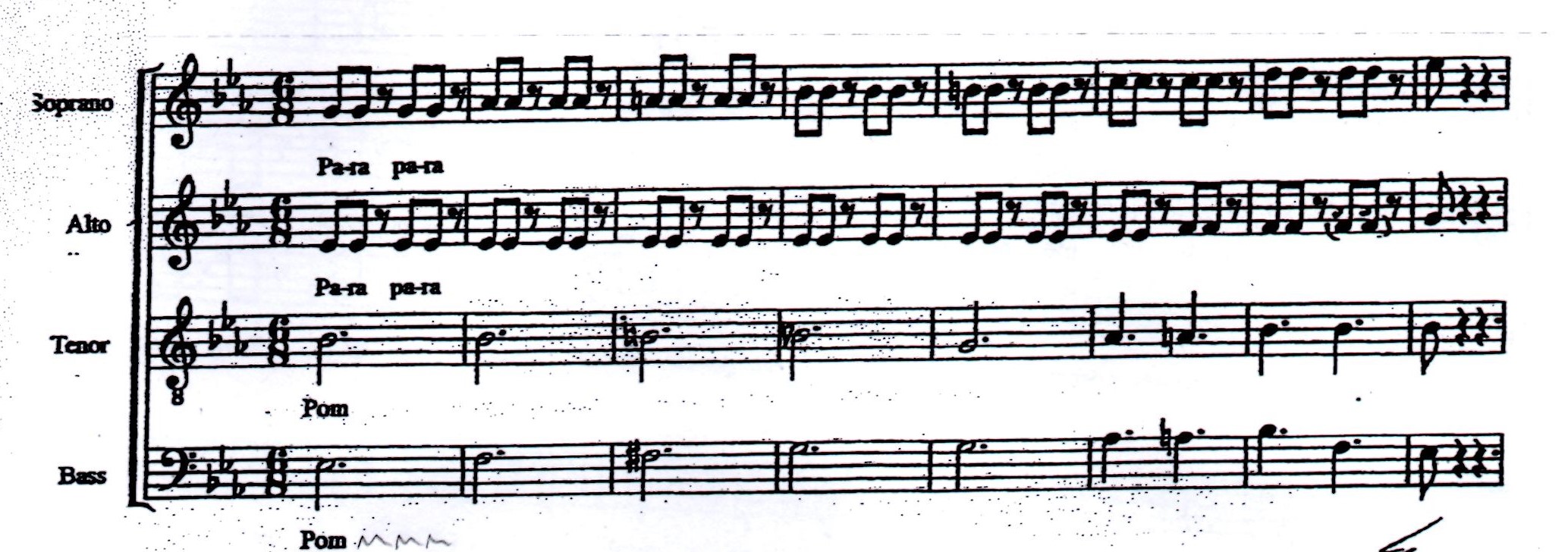I hesitate to say it, but it was all Anne’s fault. I had set aside Tuesday evening to go through the Schubert and Ramirez, not to mention the South American songs, so as to be fully on top of them for last evening’s rehearsal. Then Anne switched on ABC Classic FM. It was impossible to do anything other than list to the sublime music which poured forth for two hours, non-stop and without an interval. Hence a few slip-ups last night, such as forgetting to sing the bass entry at the end of Anitia’s first solo!
The music was the Monteverdi Vespers of 1610, performed by Pygmalion, a French ensemble of just 42 voices including soloists, recorded in the Royal Albert Hall in London as one of this year’s Proms.
It was stunning! The music is sublime, full of movement and contrast. One moment it is quietly devotional, the next moment it is loud and declamatory. There are solo items and plainchant, single choir and double choir sections, rich polyphony and intricate counterpoint, all accompanied by an ensemble which can at times be merely supportive, and at times full of show-stopping bravado.
Anne had heard the trailer for the concert earlier in the day, in which the background of the music and the setting for the performance were described. It sounded intriguing. This was apparently a piece designed to show off all Monteverdi’s skills to potential patrons at a time when he wanted to move from a provincial town to a prestigious city where his true ambitions could be realised. And the performance in the RAH was to use the huge oval space to best effect, with singers placed both on the stage and around the high-level gallery. All with a modest size of choir and a conductor who is no more than 32 years old!
Well, as I said above, it was stunning. The singing was superb – technically faultless and full of colour, light and shade. And somehow it was apparent when a section was being sung from up in the gallery – don’t ask me how the BBC sound engineers managed to record it so, but they did.
Strange to relate, I then found a copy of the score in my bookcase, all marked up as though I had sung it myself. I have no recollection of the event. It must have been around thirty years ago when I sang with the Salisbury Music Society, but they have recently done away with their interesting and informative website and settled on a rather sparse Facebook presence; in doing so the archive of past performances has disappeared, so I am none the wiser.
How can I have possibly have sung such wonderful music and not have remembered it? I am at a loss. But all is not lost. On Friday September 15th at 11am and at 7pm, it is to be performed by St Mary’s Cathedral Choir and the Song Company in St Mary’s Cathedral.
It could be well worth making the trip across the Harbour for such an event!
Click here for more information about the performances on September 15th.


